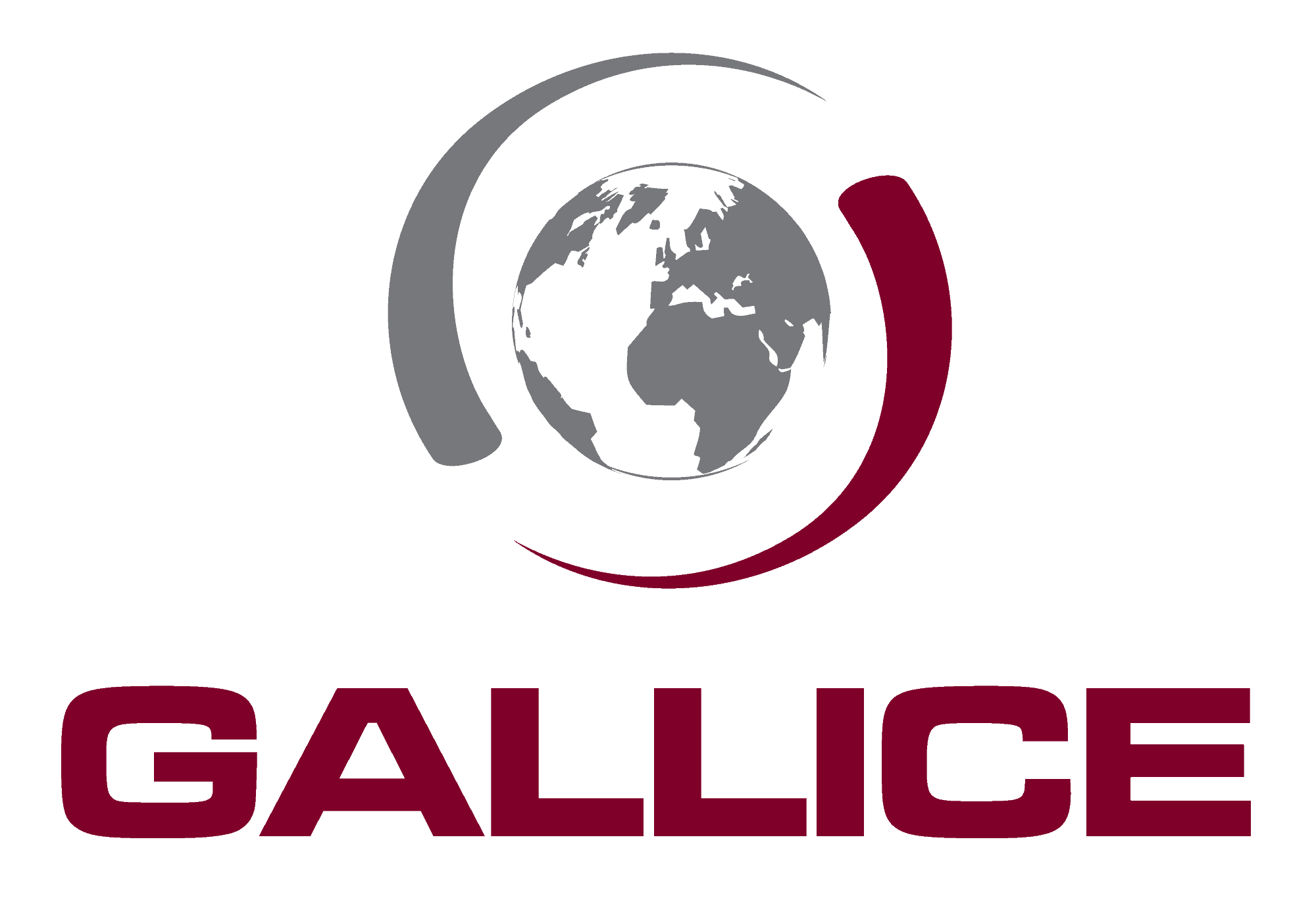TURKEY
In 2025, Turkey remains a central geopolitical actor in the Euro-Asian region but is undergoing a delicate internal phase marked by persistent social, economic, and security tensions.
The country continues to host more than 3.5 million Syrian refugees, along with around 300,000 Afghan refugees, most of whom are undocumented. The migration pressure continues to provoke tensions:
The opposition accuses the government of being lax on migration.
Racist violence has been reported, particularly in major cities.
The government has reinforced the border wall with Iran, now over 300 km long, and is engaged in negotiations with the EU to revise the 2016 migration agreement.
Ongoing economic crisis. The Turkish economy remains fragile:
High inflation, despite a more orthodox monetary policy since late 2023.
Structural unemployment, particularly among the youth.
Persistent instability of the Turkish lira, despite central bank interventions.
This situation is weakening purchasing power and fuelling sporadic social protests.
Re-elected for a third term in May 2023, Recep Tayyip Erdoğan continues to concentrate executive, legislative, and judicial powers in the hands of the AKP. He was able to run again by calling early elections, circumventing the constitutional two-term limit.
Ongoing opposition:
Student protests (notably at Boğaziçi University),
Public anger after the poorly managed 2023 earthquake,
Political mobilisation of opposition parties in major cities.
The terrorist threat remains high, particularly linked to the conflict between the Turkish state and Kurdish forces:
A suicide bombing outside the Interior Ministry in Ankara in October 2023 was claimed by the PKK.
In response, Turkey conducted airstrikes in Iraqi Kurdistan and threatens a new ground offensive in Syria against Kurdish forces (YPG).
Ethnic tensions could spark a resurgence of attacks in western Turkey, especially in large cities.
Particular vigilance is advised in:
Istanbul, Ankara, Izmir: heightened awareness in tourist and administrative areas.
South-eastern border (with Syria and Iraq): strictly advised against due to military presence, smuggling, and terrorist risks.
Kurdish regions: advised against unless absolutely necessary.
Monitor sensitive commemorative dates that often give rise to protests or tensions.
Turkey remains a country of duality: a dynamic regional power in some areas, fragile in others.
